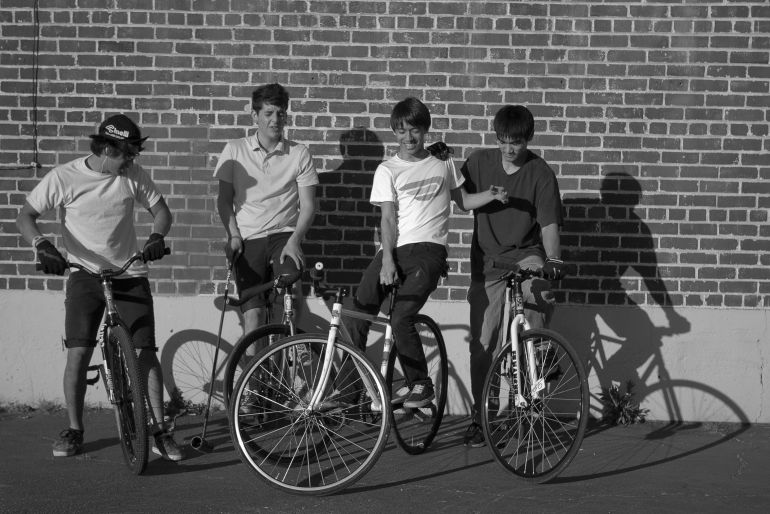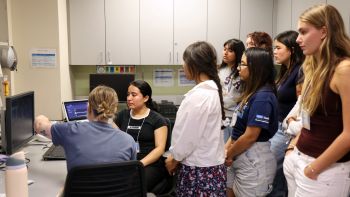This post was written by high school students from the Summer Research Boot Camp in the labs of Andrew Fuligni and Sandra Graham at UCLA, led by Jenna Felkey, Selam Mulugeta, and Ritika Rastogi.
Authors: Isabel Gill, Kavita Sekhon, Reginald Brookens, & Bryan Hernandez
Adolescent Friendships: What Researchers Should Ask about Quality, Politics, and Cognitive Function
Following are some areas that we believe researchers should focus on when studying adolescent friendships:
Quality of friendships
It is important that researchers—and you—are able to discern who qualifies as your real friends are, especially during a time like this pandemic. The quality of a friendship is much more important than the number of friends, and just because you know a lot about someone doesn’t mean they are your friends. Now more than ever, many young people are not able to go out and physically interact with those they call friends. This can provide an opportunity to get to know their friends on a different level and determine if they actually like this person.
Researchers should pinpoint the specific questions that successfully assess how strong the quality of a friendship really is in order to measure whether certain groups have stronger friend quality than others.
Politics
Political views and beliefs are very important for many people, and friendships can be made and broken over them. Researchers should look more into how friendships in adolescents are connected to their political views. Do some think that it does not matter if their friends have different views than them? How important are politics for adolescents? Are political views a deciding factor in friendships among adolescents?
Researchers should be studying this because we live in such a complex time in history where politics plays a huge role in all our lives. For example, the Black Lives Matter Movement is in the center of politics in the U.S. today. Could this movement affect cross-ethnic friendships, as adolescents are thinking more about race and what divides us?
In this time in their life, adolescents are just starting to think for themselves and develop their own opinions. They may start questioning the beliefs of their parents or the people around them. Our generation has grown up with the internet and is very involved with social media, which has also played a huge role in shaping our political beliefs and spreading our ideas. We can clearly see adolescents becoming activists, such as Swedish environmentalist and climate activist Greta Thunberg. Our generation is ready for change and might be one of the most politically active generations in a long time.
To begin, researchers should survey adolescents from families of various political party affiliations about how many friends they have from families of different political parties. They can explore how genuine these connections are through questions rated on a scale of 1 through 5, such as: How often do you spend time with this person? Are you able to speak on troubling matters with this person? Do you ever feel judged by this person?
Additionally, researchers can focus on more specific issues such as abortion, immigration, or LGBTQ+ rights, which may give even more telling results. By asking similarly deep questions about friendship quality and how students view these issues to a variety of students at a school where all are taking part in the survey, then comparing the results with their listed friends’ view of the issue, researchers could compare just how close adolescents generally are to those whose perspectives on current issues differ.
Looking at friendships over time
A friend can have a major impact on our cognitive development and ability. Researchers should consider the long-term effects friendships can have on the human brain. This is important when determining the health benefits of friendships. In order to determine what effects friends have on cognitive functioning, researchers could create a survey and collect personal insight into how an individual feels. This information can later be used to come up with a hypothesis.
A controlled experiment should also come into play. Researchers can pair individuals with some of their friends and afterward use an MRI to focus on what parts of the brain are activated.
The question here is how might friendships help an individual in the long run? Researchers should track the individuals throughout the course of their lives. By doing so they will be able to determine if there are certain health benefits to friendships. In addition, researchers might be able to see whether friendships slow down the process of cognitive deterioration.



